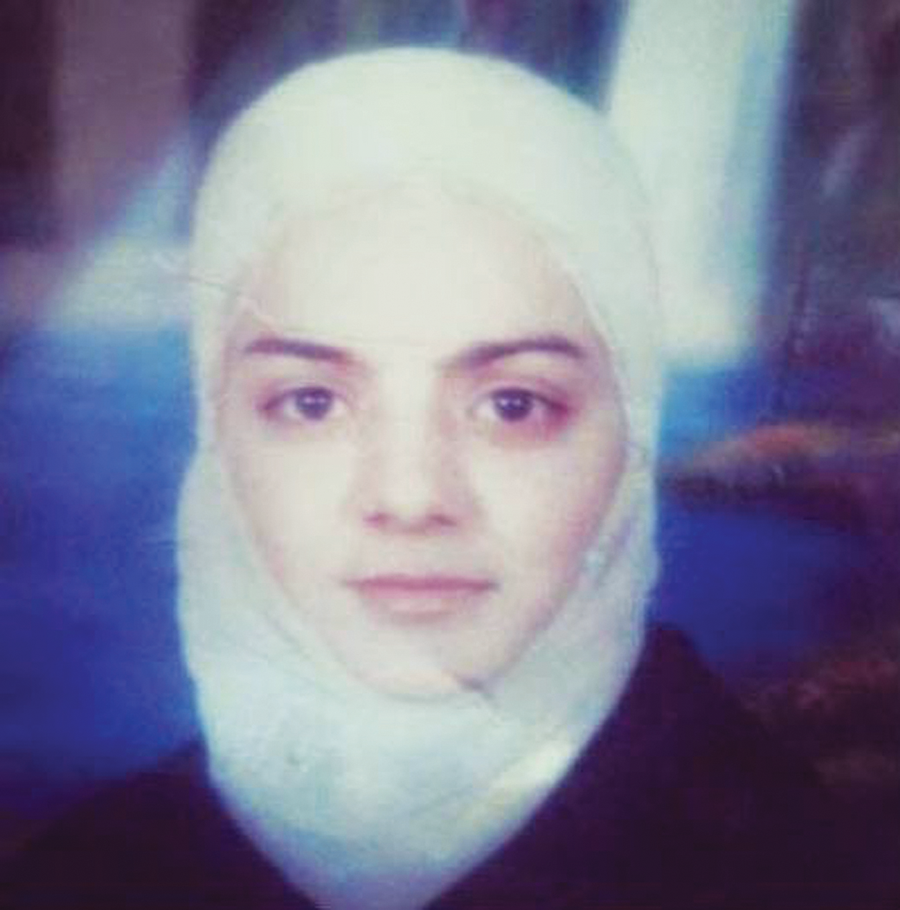LONDON: Syrians have reacted angrily to a new TV series after it used the image of a woman tortured and murdered by the regime of President Bashar Assad to depict a fictional character.
The detective drama “An Interview With Mr. Adam” was commissioned to air during the holy month of Ramadan.
In it, an Egyptian woman who falls pregnant is murdered by her lover — who is also the son of her wealthy employer.
The character exists in flashbacks throughout the series, and is played by an actress. But in one scene where a photo of the woman’s body is printed out by a detective, the image that appears on screen is not fiction, but that of a real person murdered by the Syrian regime.
Rehab Al-Alawi was arrested in January 2013. She had been studying civil engineering in Damascus at the time, and her opposition to the regime was solidified after it arrested and disappeared her older brother Azam.
Her death in a Syrian jail was confirmed in 2014 when a photo of her body was released alongside images of thousands of other murdered political prisoners by a military police photographer.

Rehab Al-Alawi
That incident resulted in an 86-page document comprising 26,000 images, which became known as the Caesar Report, from where the image of Al-Alawi appears to have been sourced.
The image in question, despite the body being clothed, revealed signs of torture to the upper torso.
It also betrayed its origins by the numbers written on paper and placed across the forehead — a reference number for the security services responsible for her detention, and a falsified number recording her death in a military hospital.
A former cellmate of Al-Alawi told family members that she had been repeatedly taken away for interrogation while in custody, often for hours at a time, and would return physically suffering from her ordeals.
Mai El-Sadany, legal and judicial director of the Tahrir Institute for Middle East Policy, said: “The shock and sense of disturbance has been universal. Presenting a known Syrian torture victim as if she is an unknown non-Syrian victim of crime in a fictional drama is, at best, disturbingly callous, and at worst a potentially intentional re-traumatization of victims and an attempted rewriting of the regime’s history and complicity in torture.”
The use of false information and the spread of propaganda has become a hallmark of the regime ever since the start of the popular revolution against Assad in 2011.
TV shows, including another Ramadan drama in 2019, have mocked victims of chemical attacks as actors, and claimed that incidents of brutality had been staged by the opposition. Protesters are frequently referred to as “terrorists” by pro-regime media outlets.
The White Helmets — Syrian volunteer rescue workers — have been smeared by pro-regime outlets, including the social media channels of Russian embassies, claiming that the organization is linked to extremists such as Al-Qaeda.




























